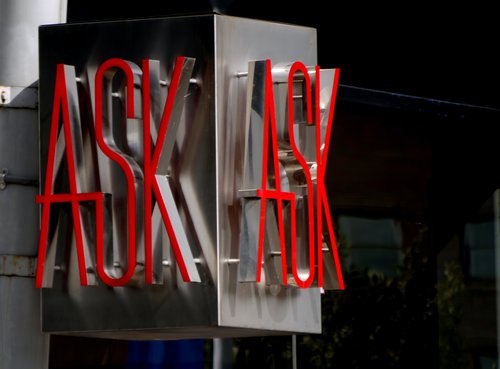Prepare for All Types of Job Interviews
Previously, I’ve covered all sorts of interview scenarios, from video to phone to executive and more, but there are two scenarios that come up from time to time that deserve a few words to round out your job interview preparation.
First, there’s the panel interview, one of the more potentially intimidating of its kind. There, you’re greeted by what is essentially a committee of interviewers.
While the substance of a panel interview won’t necessarily deviate much from the substance of an individual interview, there are a few matters of style to bear in mind.
The first of these is the fact that you need to be very intentional about whom you’re addressing. If you’re asked a question, by all means begin by addressing the panel member who asked it.
But it’s critical that you include the rest of the panel in your reply. Try to look at each of them, one at a time, try to speak to each of them, and don’t fixate exclusively on the questioner. Remember: you don’t know who is really in charge of making this hiring decision. It could be the most active panelist; it could also be the panelist who’s been sitting at the end of the row, appearing to be minimally engaged, who has all the power to make this hiring decision. So, try to include them all.
And if you’d like to add some icing to this interview cake, try this. Take note of the panelists’ names. If you can address them personally in your responses, that personal approach makes an impression on the individuals you’re addressing.
Next, there’s the case interview, not unlike those coding interviews we’ve discussed, in which you’re asked to demonstrate your talents on the fly.
Here, you’re presented with a set of circumstances – actual or hypothetical – and asked to describe your response. In a sense, it’s not unlike the behavioral questions that sometimes get asked – “what would you do if…” – but on a grander scale, with more facts and data presented in the problem and with expectations of a more detailed and sophisticated response.

First, don’t hesitate to ask any questions you might have. Those questions often reveal more than a series of pat answers, and it’s pretty much guaranteed that there will be something missing from whatever scenario they’ve devised. This is one place where “there are no dumb questions” truly applies.
Second, lean in the direction of relating what’s being asked to any actual cases you’ve experienced. Tying into your actual experience clearly adds credibility, and it emphasizes the experience you’ve had in the real world. If you’ve been there and done that, don’t keep that fact a secret.
In the end, panel and case interviews are simply special cases. You need to do the same research, preparation, and rehearsal that any interview calls for. And that’s what matters in the final analysis. Pay some attention to the finer points, but do your interview preparation as always and the finer points will fade into the background.
If you need assistance preparing for job interviews, or polishing up your resume, we have a variety of packages to help you put your best foot forward in all aspects of the job search.
